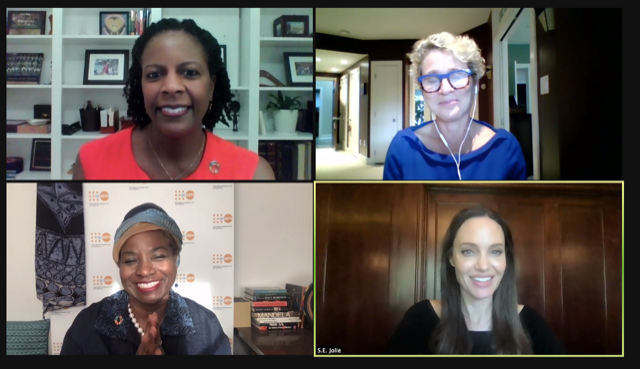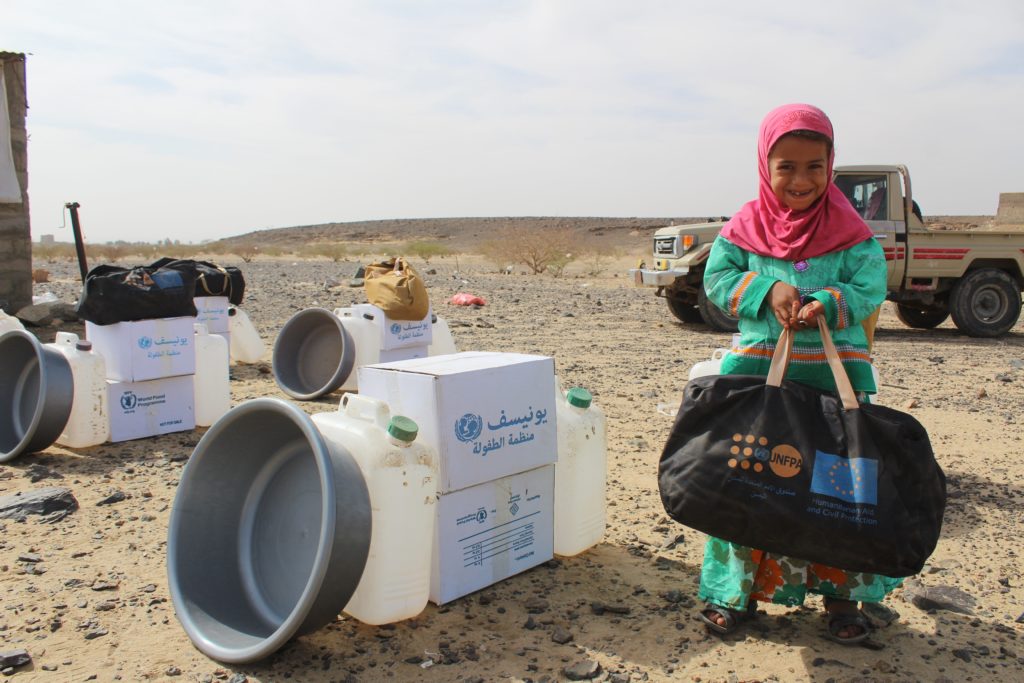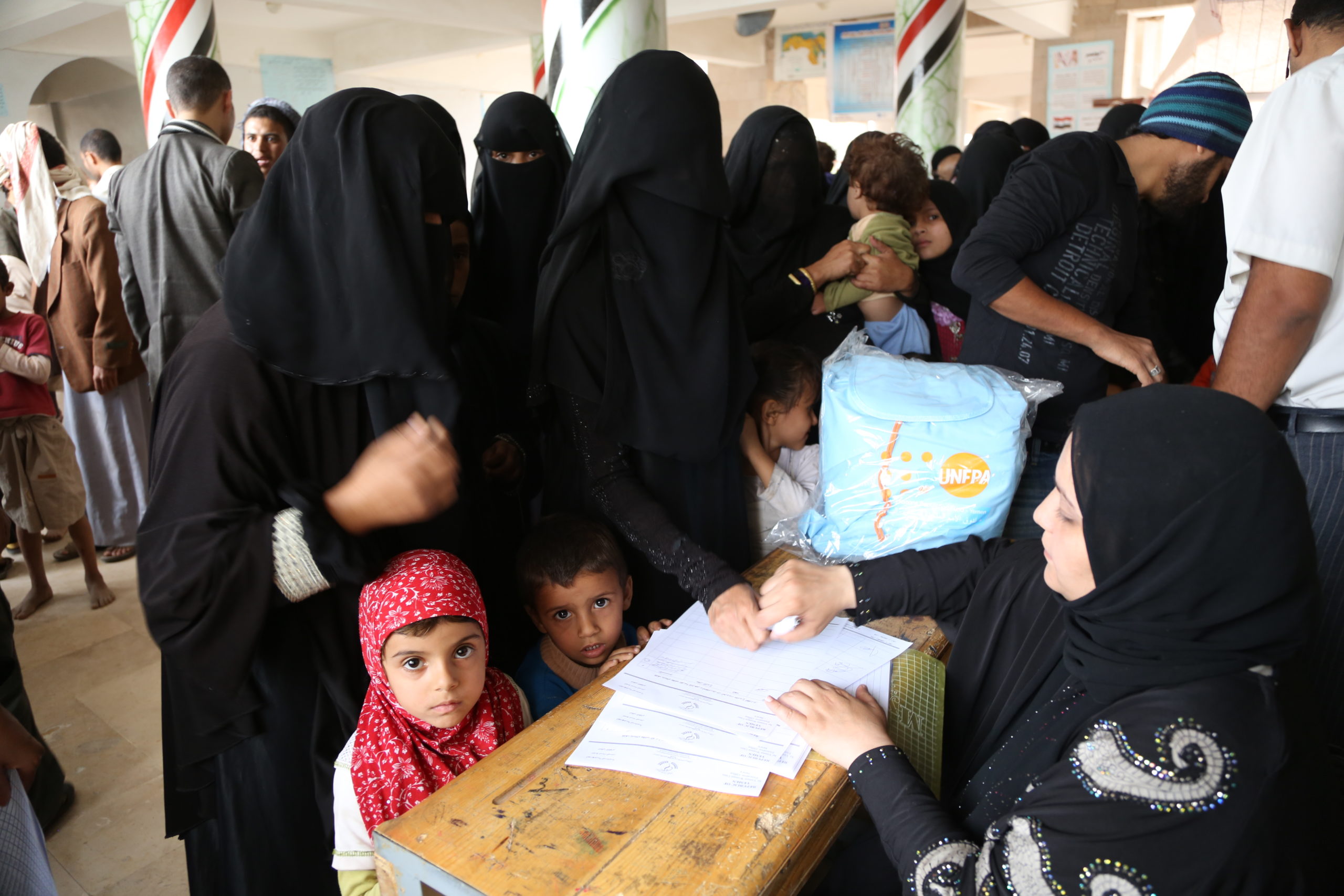A Safe Space: UNFPA Yemen Adapting Services to Provide Critical Support for Girls and Women
Gender-based violence (GBV) has surged since the COVID-19 pandemic began. When stay-at-home orders were enforced earlier this year, it was to better protect ourselves and our families from contracting and spreading COVID-19—to keep us safe. But these mandates also trapped millions of girls and women at home with their abusers, resulting in an alarming surge of GBV, including here in the U.S.
The United Nations Population Fund (UNFPA) works in more than 150 locations worldwide to protect and uphold the rights of all women and girls to live free from violence and discrimination.
“With COVID-19, we have been sounding the alarm about a catastrophe that’s been compounded by major mobility and communication restrictions. People can neither escape their abusers nor report what’s happening. And there are literally millions of schoolgirls who have lost their only place of safety.” – UNFPA Executive Director Dr. Natalia Kanem.
Dr. Kanem recently joined UNHCR Special Envoy Angelina Jolie and Rep. Chrissy Houlahan (PA-06) for an important discussion hosted by the United Nations Association of the USA (UNA-USA) to call attention to this crisis. Listen to their conversation:

Less than 1 percent of all humanitarian assistance goes toward gender-based violence response and prevention programs. Without additional funding, the lives of girls and women around the world are in jeopardy.
For example, in Yemen, prolonged conflict has had severe impacts on girls and women, eroding protection mechanisms and increasing their vulnerability to violence. The UNFPA Yemen team knew it needed to quickly adapt to the new reality, so in addition to setting up hotlines and text services for GBV survivors to access counseling, legal aid and protection services, UNFPA also adapted its in-person safe spaces. By expanding the physical space, limiting the number of staff inside, and providing PPE and additional hand-washing facilities, clients like 35-year-old Salwa have been able to benefit from a UNFPA safe space.
Salwa has survived child marriage, three abusive husbands, crushing poverty and years of grinding conflict. After the onset of the COVID-19 pandemic, her husband was laid off. Members of Salwa’s community told her about a safe space established by UNFPA and the Yemeni Women’s Union. There, Salwa received regular health and psychosocial services. She also attended training courses, learning about marketing and project management, and qualified for an economic empowerment grant which helped her start her own sewing business. Today, Salwa works in a spinning and weaving factory, and also takes on sewing projects at home. Many of her clients have asked her to make face masks to help prevent the spread of COVID-19. Salwa now produces nearly 300 masks each week to keep her community safe.

Despite UNFPA’s life-saving work, the Trump Administration has defunded UNFPA for the fourth consecutive year, putting millions of women and girls around the world at risk. In October 2019, Rep. Houlahan introduced H.R. 4722, the Support UNFPA Funding Act, in the U.S. House of Representatives, which would authorize an annual U.S. contribution to UNFPA, noting UNFPA’s work supports “United States national security and humanitarian efforts by operating in areas where medical infrastructure or services have been destroyed or limited by natural disasters, armed conflict, or other humanitarian emergencies.”
You can take action now to support the millions of women and girls around the world that rely on UNFPA’s services. Send a message to your elected officials today asking them to support H.R. 4722 which would restore critical U.S. funding to UNFPA and reaffirm our support for necessary services and programs to assist survivors of gender-based violence.




